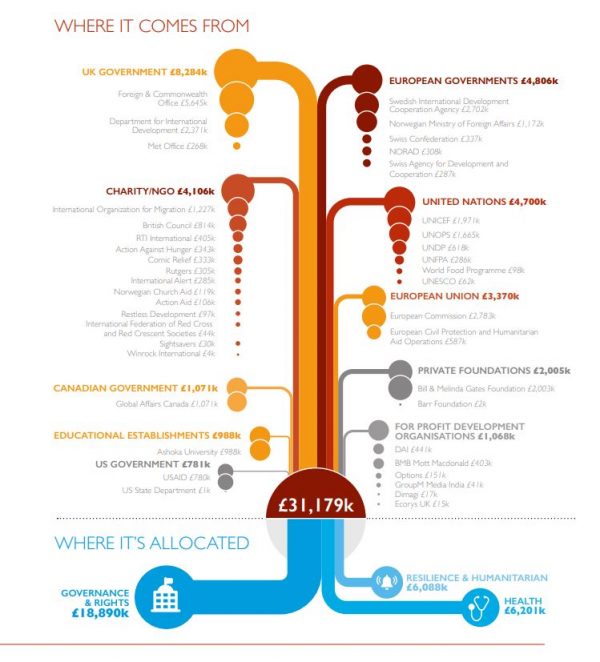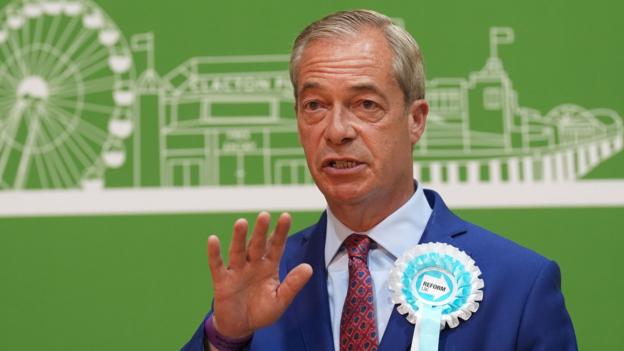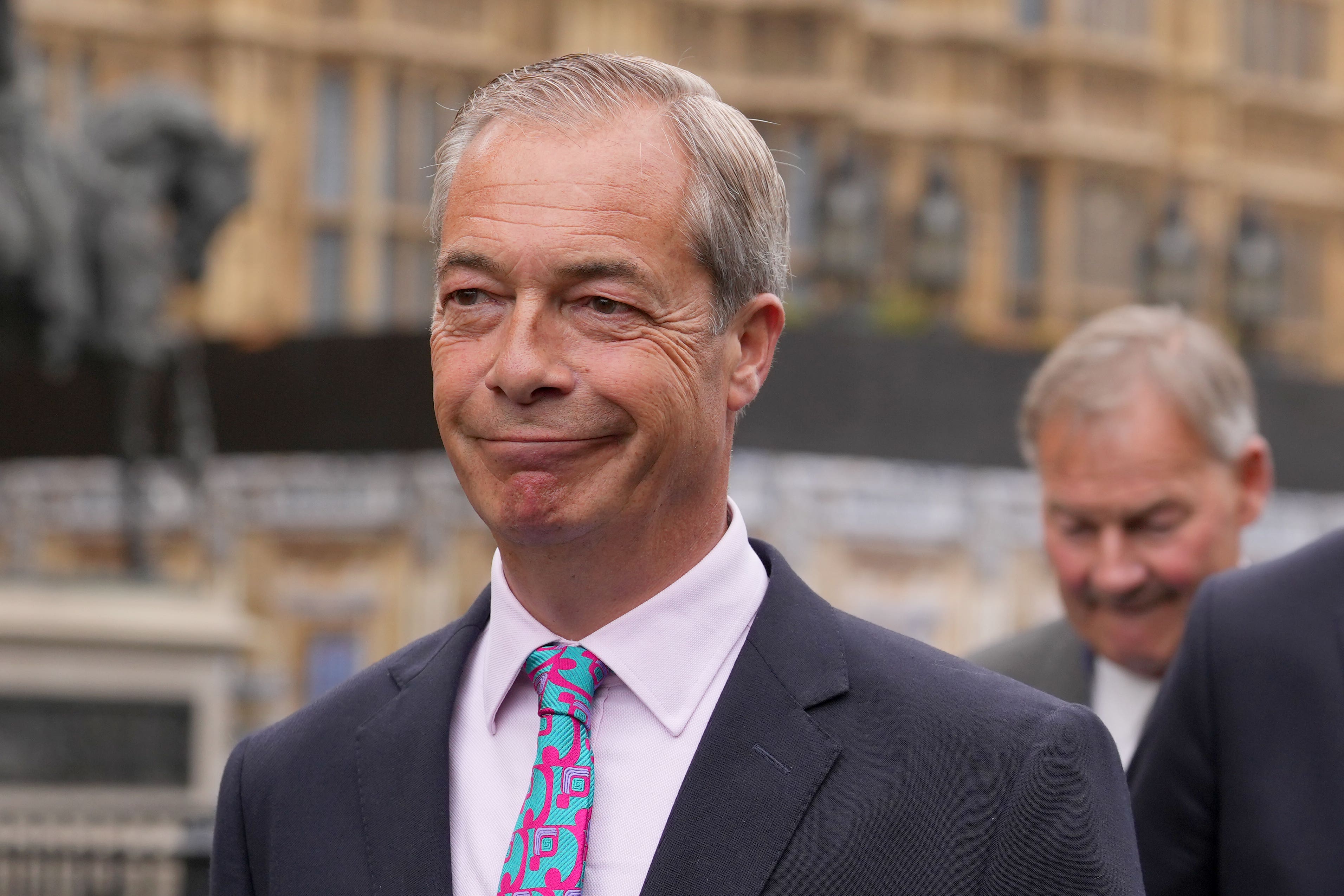BBC Faces Unprecedented Challenges After £1bn Funding Crisis

Table of Contents
The £1bn Funding Gap: Sources and Severity
The £1 billion deficit facing the BBC is a projected shortfall over the coming years, a combination of declining revenue streams and escalating costs. It's not a current, immediate bankruptcy threat, but rather a looming financial cliff unless significant changes are implemented. This shortfall represents a serious threat to the BBC's ability to maintain its current level of programming and service.
Contributing factors to this crisis are multifaceted:
-
Decline in license fee revenue: The traditional license fee model, the BBC's primary funding source, is struggling to keep pace with modern viewing habits. The rise of streaming services like Netflix and Amazon Prime, coupled with increasing license fee evasion, has significantly impacted revenue generation. Many younger viewers are increasingly choosing subscription-based services over traditional broadcast television, reducing the pool of license fee payers.
-
Rising inflation impacting operational costs: Soaring inflation in the UK is significantly increasing the BBC's operational costs, from salaries and production to energy bills and distribution. This adds further pressure to an already strained budget.
-
Increased competition from global streaming giants: The competitive landscape for high-quality programming is more intense than ever. Global streaming platforms like Netflix and Amazon Prime are investing heavily in original content, forcing the BBC to compete aggressively to retain viewers and attract talent.
-
Cost of producing high-quality programming in a competitive market: Producing high-quality news, drama, documentaries, and other programming requires substantial investment. The BBC's commitment to quality journalism and diverse programming adds to its production costs in a fiercely competitive media environment.
-
Impact on BBC’s ability to invest in new technologies and talent: The financial squeeze limits the BBC's ability to invest in developing new technologies, crucial for remaining competitive in the digital age. It also restricts the organization's ability to attract and retain top talent, potentially impacting the quality of its programming.
Impact on BBC Programming and Services
The £1 billion funding gap will inevitably impact the BBC's programming and services. While the exact nature of the cuts is still uncertain, various scenarios are being considered.
-
Potential reduction in the number of original programs: We may see fewer new dramas, comedies, and documentaries commissioned, potentially leading to a decline in the diversity and range of programming offered. Popular shows may face cuts in production budgets, affecting their quality.
-
Possible cuts to regional news services and local programming: Regional news services, crucial for local communities, are particularly vulnerable to budget cuts. Reduced regional coverage would weaken the BBC's commitment to providing news and information to all parts of the UK.
-
Potential job losses across various departments: Budget cuts will likely result in job losses across different departments within the BBC, affecting both on-screen and behind-the-scenes roles. This could impact the organization's overall morale and productivity.
-
Impact on BBC's ability to provide diverse and inclusive content: Budget constraints could limit the BBC’s ability to invest in programming that represents the diversity of the UK population, potentially narrowing its range of content.
-
Reduced investment in investigative journalism: Investigative journalism, a cornerstone of the BBC's public service remit, is expensive to produce. Funding cuts could lead to a reduction in investigative reporting, weakening the BBC's role as a watchdog.
Potential Solutions and Future of the BBC
Addressing this crisis requires a multifaceted approach, involving a combination of reforms and potentially difficult decisions.
-
License fee reform: The most significant area for potential change is the license fee itself. Options include abolishing the fee entirely, introducing a replacement funding model, or increasing the fee. Each option has significant political and public implications.
-
Exploration of alternative revenue streams: Diversifying funding sources could involve exploring subscription models, targeted advertising (while carefully preserving editorial independence), and potentially increased commercial partnerships.
-
Government intervention and potential implications for editorial independence: Government intervention to increase funding or change the license fee structure is a possibility, but it must be carefully managed to prevent any compromise to the BBC's cherished editorial independence.
-
Public opinion and support for the BBC during the crisis: Public support for the BBC is crucial during this challenging period. Maintaining public confidence in the BBC's value as a public service broadcaster is essential for securing its future.
-
The BBC's future role in the evolving media landscape: The BBC's future will depend on its ability to adapt to the ever-changing media landscape. This involves embracing new technologies, investing in digital platforms, and ensuring it remains relevant and engaging for audiences of all ages.
Conclusion
The BBC's £1 billion funding crisis represents a profound challenge to the future of British broadcasting. The confluence of declining license fee revenue, escalating costs, and intensifying competition demands immediate and decisive action. Understanding the complexities of this BBC funding crisis is vital for the preservation of public service broadcasting in the UK. This necessitates a national conversation about the BBC's future, exploring potential solutions, and actively participating in shaping its destiny. Stay informed about the developments, engage in the debate, and consider contacting your MP to express your views on how to secure the future of the BBC and avoid future funding crises. Let's work together to safeguard the BBC and ensure it continues to serve the public interest for generations to come. Keywords: BBC funding, save the BBC, future of the BBC, public service broadcasting, British broadcasting.

Featured Posts
-
 Tensions Au Vatican Decryptage De La Rencontre Trump Macron
May 03, 2025
Tensions Au Vatican Decryptage De La Rencontre Trump Macron
May 03, 2025 -
 Laura Keller Aparicao De Biquini Em Retiro De Tantra Yoga
May 03, 2025
Laura Keller Aparicao De Biquini Em Retiro De Tantra Yoga
May 03, 2025 -
 Investigating Claims Of A Toxic Workplace Credible Evidence Against Former Uk Mp Rupert Lowe
May 03, 2025
Investigating Claims Of A Toxic Workplace Credible Evidence Against Former Uk Mp Rupert Lowe
May 03, 2025 -
 Nigel Farages Reform Party Tory Claims Of A Sham Defection Announcement
May 03, 2025
Nigel Farages Reform Party Tory Claims Of A Sham Defection Announcement
May 03, 2025 -
 The Farage Lowe Dispute A Heated Public Exchange
May 03, 2025
The Farage Lowe Dispute A Heated Public Exchange
May 03, 2025
